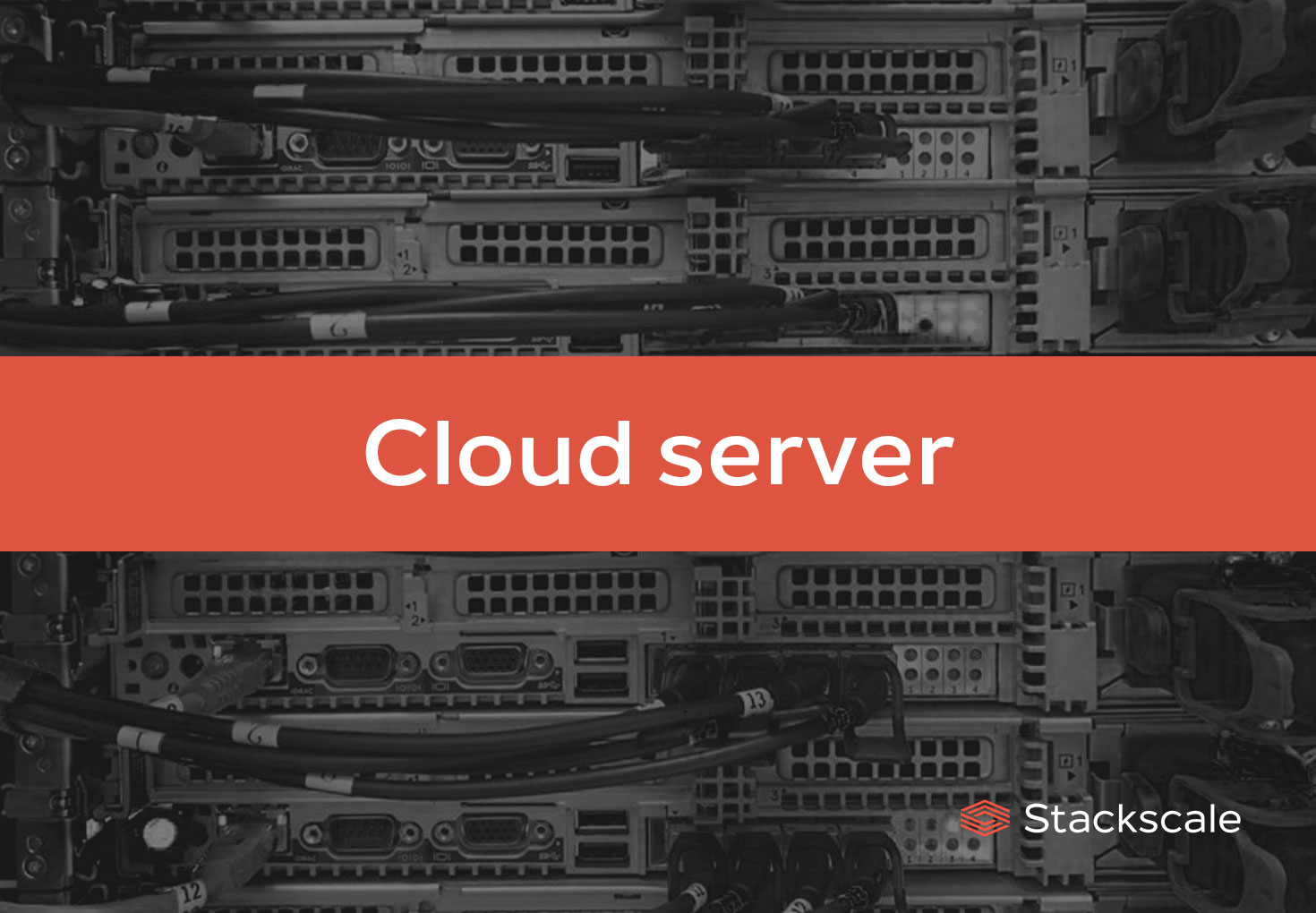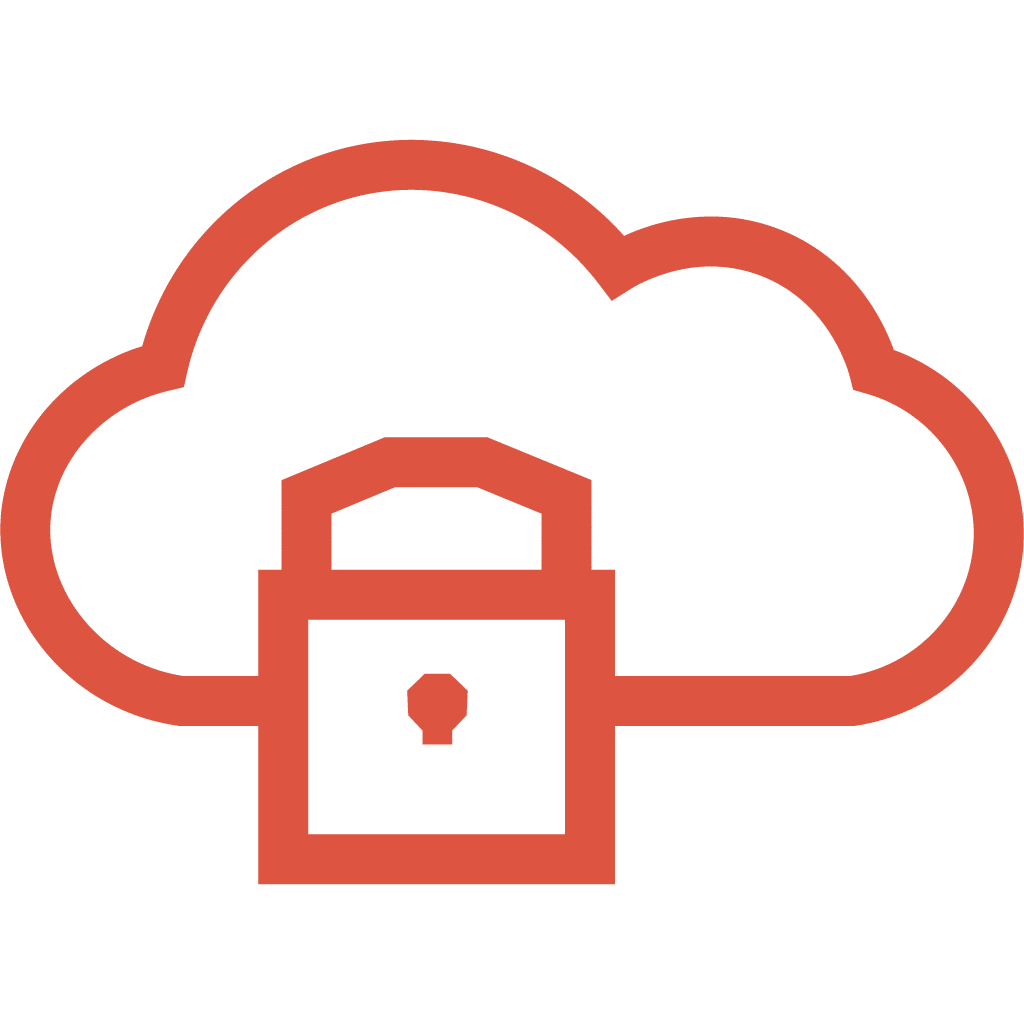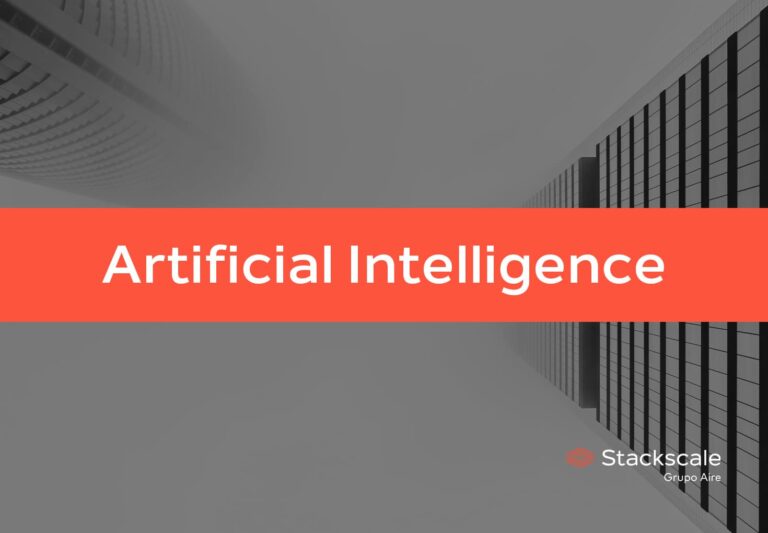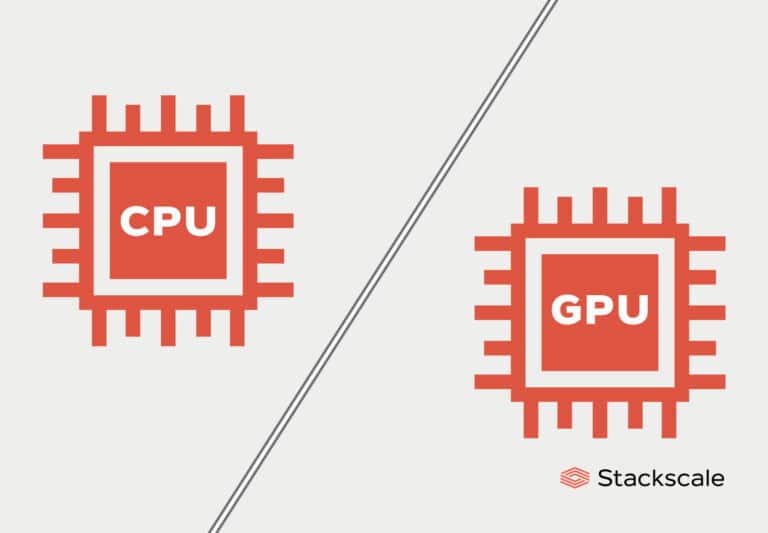Cloud servers are virtual servers that, just as traditional servers, deliver processing power and data storage. However, they are virtualized, delivered over a public or private network, using IPv4 or IPv6, and accessed remotely.
How does a cloud server work?
Cloud servers are virtualized using a hypervisor like VMware or Openstack. The hypervisor acts as a layer of virtualization software that allows the creation and running of one or several virtual machines within a single server, as well as different operating systems. It separates the resources of the virtual machine from the hardware system and enables their distribution.
They are delivered over a public or private network, using IPv4 or IPv6. Therefore, they can be located virtually anywhere, offering remote access to users. On this matter, in addition to protocols like SSH or RDP on Windows, using a VPN is also recommended to protect the access to servers or services that must not be available on a public network.
In terms of pricing, cloud servers can be billed either using a pay per use model or a monthly fee model. Offerings vary depending on the specifications and performance of the contracted servers and services. Both models allow companies to contract and consume resources on demand, in such a way that their technical infrastructure can grow along with their business. As for Stackscale, cloud nodes are available on a monthly fee while network storage systems are available on a pay per use model.
Which advantages do cloud servers offer?
Cloud servers offer numerous advantages to companies.
Cost-effectiveness
Organizations do not need to purchase, set up and manage their infrastructure on-premises. This reduces capital expenditure, as well as costs associated with the management, maintenance and upgrading of the infrastructure. Besides, cloud servers add value to companies while reducing costs. They allow companies to allocate resources to tasks and investments which are more meaningful to the business and customers.
Scalability
Compared to traditional servers, cloud servers offer a high level of scalability of compute capabilities. Companies can upsize and downsize their infrastructure on demand, without making big investments. This offers a lot of flexibility to adapt resources and technical specifications to the company’s needs, as it grows.
Security
They can also enable the implementation of numerous security measures like firewalls, monitoring services, mirroring techniques, redundancy, etc. Besides, companies leverage the strict security measures cloud service providers implement to guarantee business continuity. For instance, every element within Stackscale’s infrastructure is redundant to provide a fault-tolerant service. From the most common elements — power feeds, cooling, routers and aggregation switches —, to the most difficult ones —the access switches to all compute nodes, the storage and the nodes themselves.
Types of cloud servers
The types of cloud servers refer to the different types of cloud. They can either be public servers or private servers, or a combination of both, when opting for a hybrid cloud environment. Each type of cloud server offers different features and advantages, and the best option will depend on the needs of each particular company.
At Stackscale we believe that private cloud servers are the best choice for any company that wants to guarantee the exclusive use of its resources, maximize security and optimize costs without giving up the scalability and flexibility of cloud computing. Besides, if you are looking for a new provider, do not miss our tips to choose the most suitable cloud provider for your business.
Cloud servers in Amsterdam and Madrid
Starting at 128 GiB of RAM and 12 physical cores, and going up to 768 GiB of RAM and 52 physical cores, our private cloud servers located in Europe outperform traditional on-premises and public cloud solutions. Besides, when combined with our completely redundant, low-latency network storage, companies can achieve guaranteed constant high performance.
Stackscale’s cloud servers are highly customizable and offer a level of control that matches in-house solutions. They provide predictable performance, predictable and transparent costs, and 99.90% SLA hardware availability and 99.95% SLA network availability. Moreover, they include direct access to specialized technical support and 24/7 server monitoring for detecting hardware and connectivity failures, among many other features and advantages.
Besides, companies can opt for different fault-tolerant, last generation data centers in Amsterdam (the Netherlands) and Madrid (Spain).





